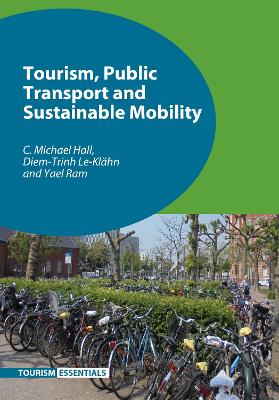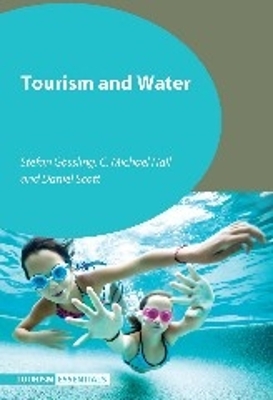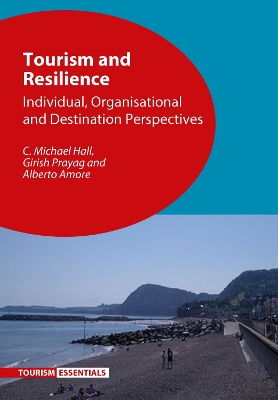Tourism Essentials
3 total works
Tourism, Public Transport and Sustainable Mobility
by C. Michael Hall, Diem-Trinh Le-Klahn, and Yael Ram
This book offers a comprehensive global examination of the relationship between public transport and tourism as well as exploring other sustainable transport modes. It offers a unique view by analysing tourism through the public transport lens and vice versa. The volume provides an account of how the public transport experience can be improved for tourists so that its value can be maximised and a greater number of people can be encouraged to shift modes. It features a wide range of case studies and examples showing how the tourism industry, as well as regional economies, communities and the environment, benefit when public transport is widely used by tourists. The book will be of interest to researchers and students in the fields of tourism and transport as well as destination marketing organisations and tourism, transport and urban planners.
This book provides a systematic and comprehensive guide to the current state of knowledge on tourism and water. It is the first book to thoroughly examine the interrelationships of tourism and water use based on global, regional and business perspectives. Its assessment of tourism’s global impact along with its overviews of sectoral and management approaches will provide a benchmark by which the water sustainability of tourism will be measured for years to come. In making a clear case for greater awareness and enhanced water management in the tourism sector, it is hoped that the book will contribute to the wise and sustainable use of this critical resource. The book is interdisciplinary in coverage and international in scope. It is designed as essential reading for not only students of tourism but also practitioners.
Tourism and Resilience
by C. Michael Hall, Girish Prayag, and Alberto Amore
This book is the first authored overview of resilience in tourism and its relationship to the broader resilience literature. The volume takes a multi-scaled approach to examine resilience at the individual, organisation and destination levels, and with respect to the wider tourism system. It covers the different approaches to understanding resilience (the ecological and engineering approaches) and identifies issues with their understanding and application. The book connects issues of resilience to related key concepts such as vulnerability, adaptation, networks, systems, change and social capital. It is designed to be an upper level undergraduate and postgraduate primer on resilience in a tourism context and will be of interest to tourism researchers in planning, development, geography, impacts, sustainability, disaster management and environmental studies.


